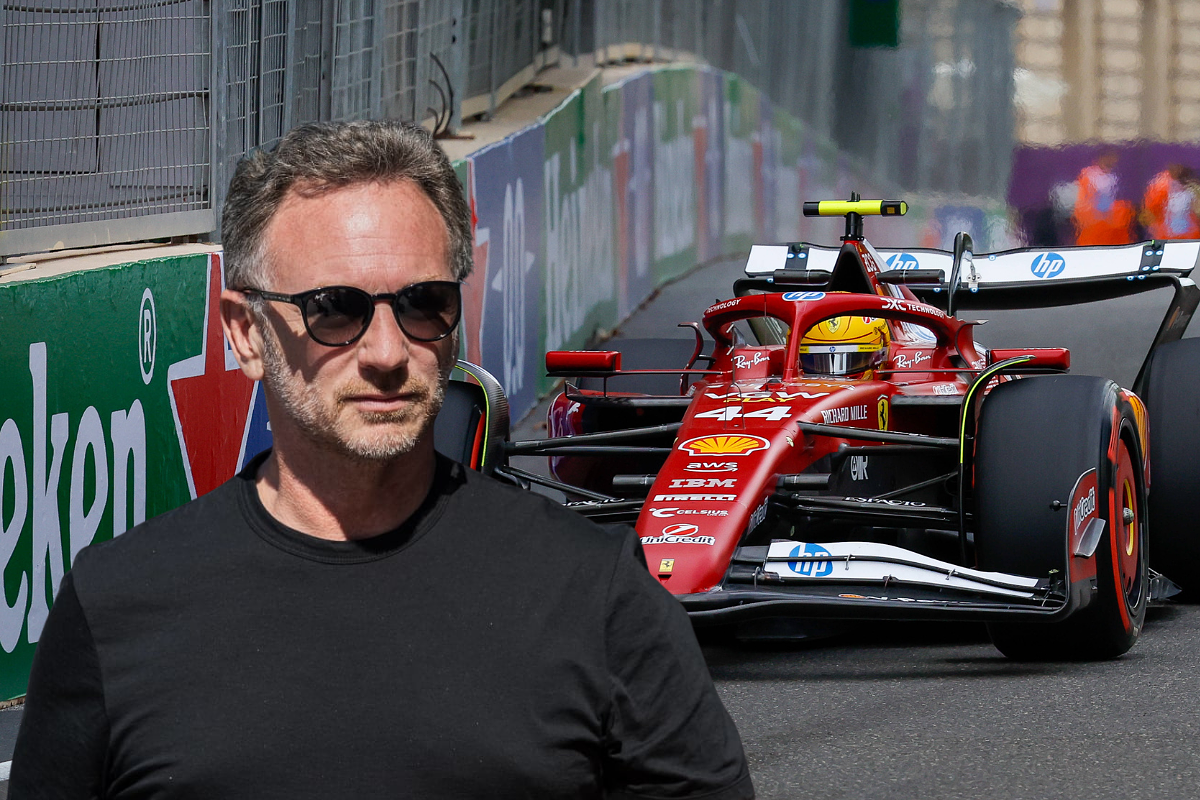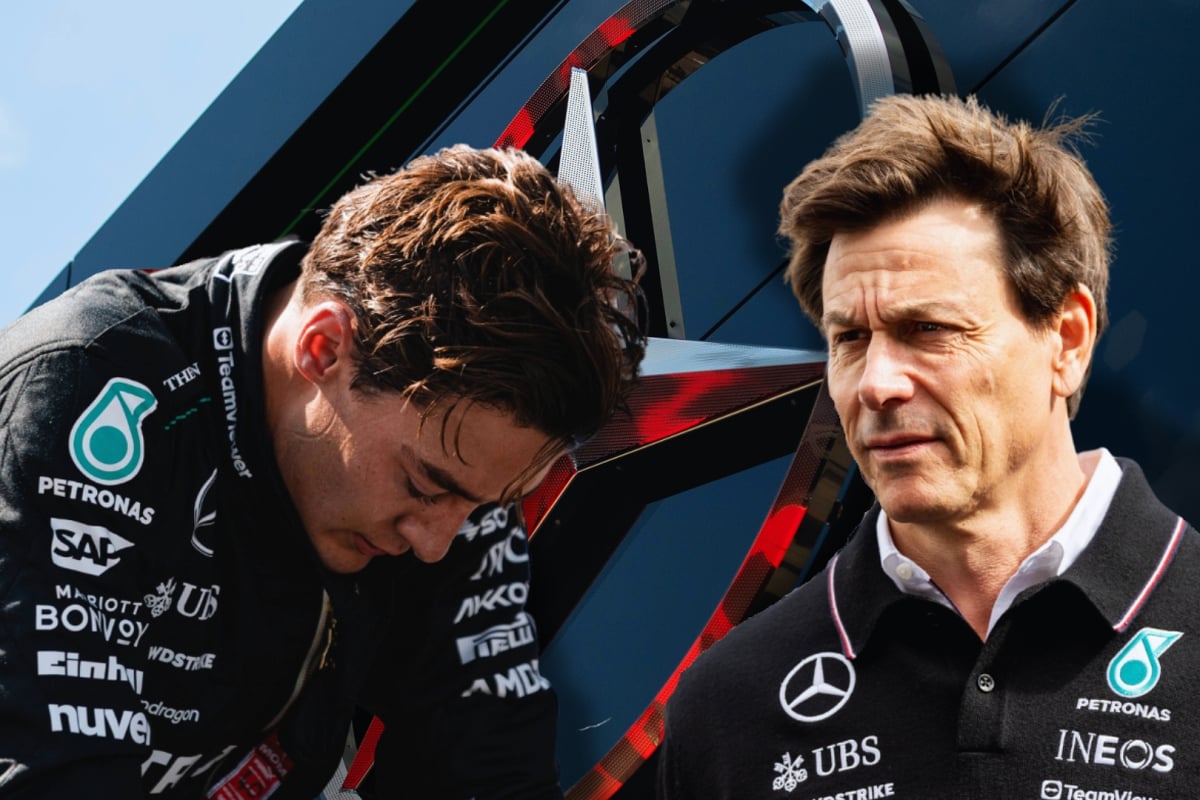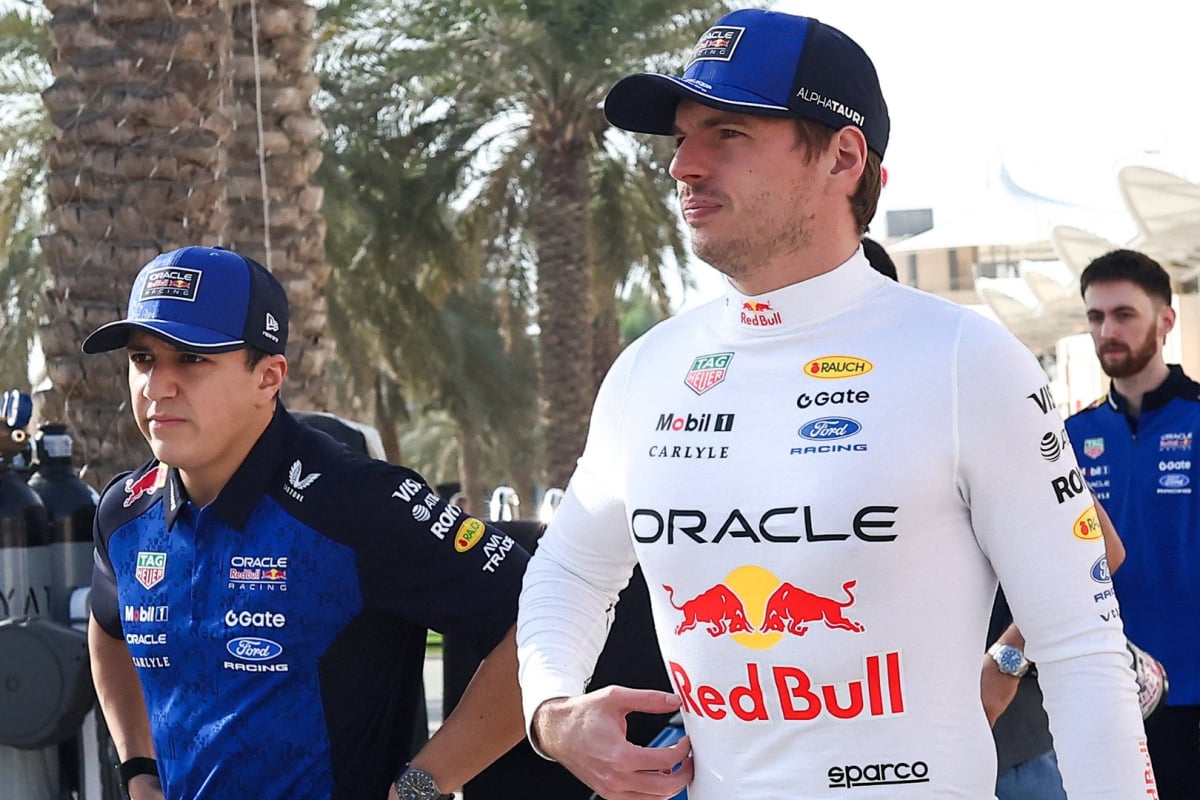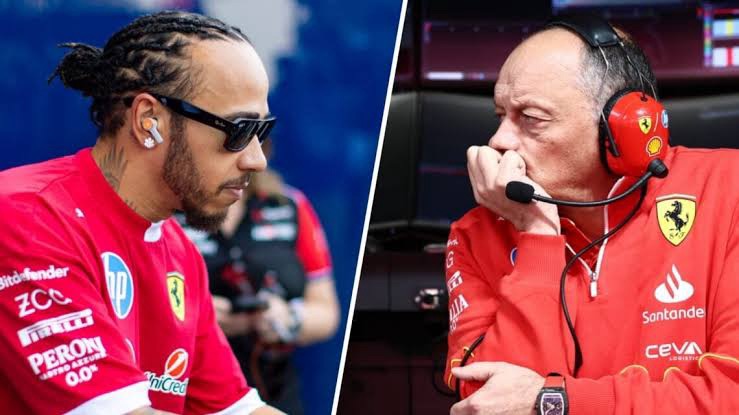Christian Horner’s exit from Red Bull and the conditions on which a return is possible
Christian Horner, after 20 years as Team Principal and CEO of Red Bull Racing, was removed from operational duties in July 2025 following a downturn in performance and internal friction. His official departure was announced in September, when he and Red Bull agreed a severance package, ending the contract that had originally been due to run until 2030.
The severance deal & timing of any return
The exit package is reported to be between £75 million and £80 million.
A key feature of the agreement is that it gives Horner freedom to take up a new role in Formula 1 again, starting in spring or late spring of 2026, rather than being bound by a longer non-compete or gardening leave that would delay any comeback.
His resignation / removal from Red Bull included being stripped of his directorship roles by mid-August.
What kind of role Horner is insisting on for his return
From what has been revealed (especially through quotes from pundits like Martin Brundle and other sources), these are the main conditions:
1. “Skin in the game” / ownership stake
Horner apparently will only return if he can have ownership or part-ownership of a team, rather than merely being in a managerial or executive role without equity. He has made it clear he wants a stake—so that he has more control, and so that the risk of being removed (as happened at Red Bull) is reduced.
2. Building something, not just managing
The reports say Horner wants to be involved in building a team, ideally helping shape its strategy and direction, rather than just stepping in as someone who simply runs day-to-day operations. He wants to be more than “just a team boss.”
3. Flexibility and contractual openness
Because of the accelerated exit terms with Red Bull, allowing him to engage potentially with a rival team by sometime in mid-2026, his settlement seems designed to avoid being locked out of the paddock for an extended period. He reportedly turned down a larger sum in exchange for getting release sooner, i.e. sacrificing some of the payout to get flexibility.
Challenges & obstacles
Even with those conditions laid out, there are a few reasons why Horner’s return might be complicated:
The F1 teams and other stakeholders will likely oppose the addition of a new (12th) team; his ideal scenario of building a new team from scratch may face resistance.
Many seats or leadership roles are already filled; teams that are open to change may be limited. Also, some teams (e.g. Ferrari) have already extended their current leadership contracts.
Possible destinations / rumoured links
Alpine has been frequently mentioned: Horner is reported to have a good relationship with Flavio Briatore, who is linked with Alpine, and some reports suggest that part of Alpine’s ownership or leadership might be open to external investment or co-ownership.
Ferrari is also in the speculation mix, though their current team principal has recently extended his stay.
Talks or interest with other teams (Haas, Aston Martin) have been reported, but so far nothing appears to have concretely progressed.
What his return might look like, timeline-wise
He is expected to be contractually free to work with another team from about April 2026.
He likely won’t be starting a new role from the very beginning of the 2026 season, but perhaps with a team already in place, or one being shaped, later in the year.
Christian Horner’s exit from Red Bull was accompanied by a sizeable settlement (~£75-80m) that importantly allows him to return to Formula 1 by mid-2026. But he has made clear that any comeback must include a stake in a team (ownership or co-ownership) so that he has real power and security. He wants more than just the job title; he wants to help build something, not just manage it. While several teams have been linked, and Alpine is often mentioned as a likely potential destination, there are significant barriers—existing contracts, stakeholders who may resist new entries, and the challenge of finding a team structure that meets his conditions.



